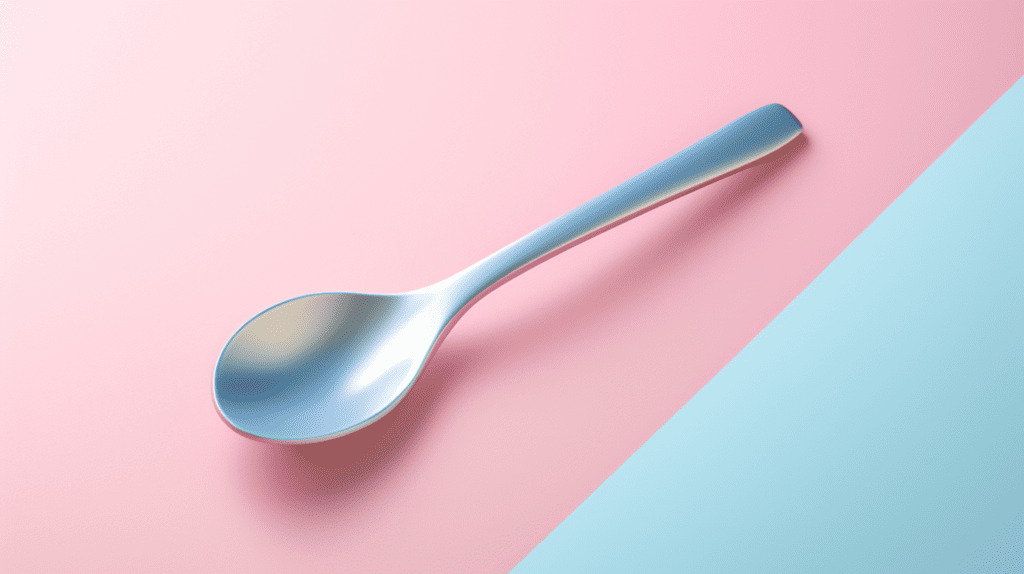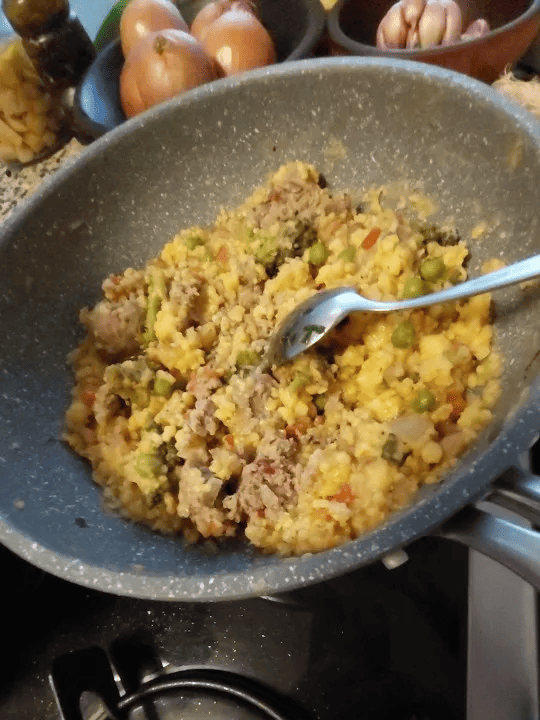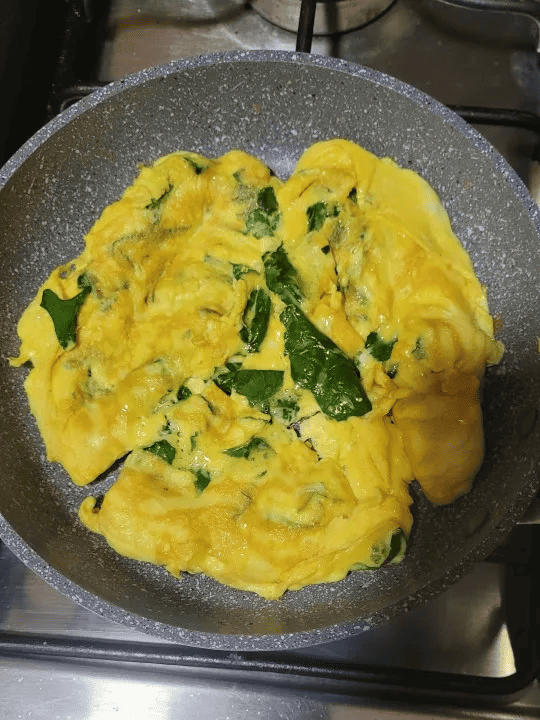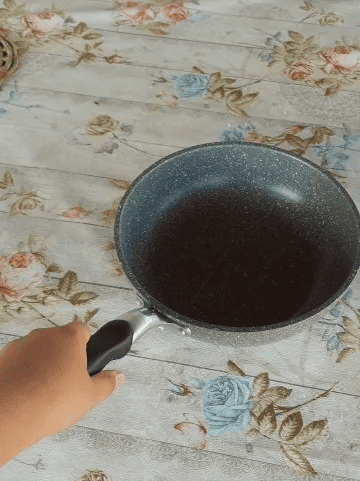
Putting a spoon in the microwave is a common question that many people have. You might be wondering if it is safe to put a spoon in the microwave or if it will cause any damage. The answer to this question is not a straightforward one, as there are many factors to consider.
Most often, nothing will happen if you put a metal spoon in the microwave. Due to a spoon’s smooth round shape, it will most likely not react in the microwave. However, if your spoon touches the side of the microwave, or is in contact with a metal bowl, you may get a first-row seat to your own fireworks show. While it is technically safe to put a metal spoon in the microwave, there are still some risks associated with doing so.
Understanding Microwaves
How Microwaves Work
Microwaves work by producing electromagnetic waves that cause water molecules to vibrate rapidly, generating heat. The microwaves penetrate the food and cause the water molecules to heat up, which, in turn, cooks the food. Unlike traditional ovens, microwaves cook food from the inside out, which means that the food is cooked more evenly and faster.
Spoons Safe for Microwaving
When it comes to microwaving, not all spoons are created equal. Some spoons can safely be used in the microwave, while others can cause sparks, fires, or even explosions. Here are some spoons that are safe for microwaving:
| Material | Safe for Microwaving? |
|---|---|
| Glass | Yes |
| Ceramic | Yes |
| Plastic | Yes, if labeled “microwave safe” |
| Paper | Yes, if labeled “microwave safe” |
On the other hand, here are some materials that should never be used in the microwave:
- Metal: Metal can cause sparks and fires in the microwave, and it can even damage the appliance. Avoid putting metal utensils, aluminum foil, or dishes with metal trim in the microwave.
- Plastic spoons not labeled “microwave safe”: These spoons can melt or release harmful chemicals into your food when heated in the microwave. Always check the label before microwaving plastic containers.
In conclusion, understanding how microwaves work and which materials are safe for microwaving is crucial to avoid damaging your appliance or causing harm to yourself. Always read the labels and use caution when microwaving food.
Potential Risks and Dangers
When it comes to using a microwave, safety should always be a top priority. While it may be tempting to quickly heat up your food with a metal spoon, doing so can pose potential risks and dangers. In this section, we will discuss the possible hazards of putting a spoon in the microwave.
Fire Hazards
One of the biggest risks of putting a metal spoon in the microwave is the potential for a fire hazard. Metal is a conductor of electricity, and when placed in the microwave, it can cause electrical currents to flow through the metal, which can lead to sparks and even flames. This can be especially dangerous if the spoon is left unattended or if there are other flammable materials nearby.
Damage to Microwave
Another danger of putting a spoon in the microwave is the potential for damage to the appliance itself. When the metal spoon interacts with the microwave’s electromagnetic waves, it can cause damage to the interior of the microwave, such as burning or melting the plastic components. Over time, this can lead to a decrease in the microwave’s performance and even render it unusable.
To avoid these potential hazards, it is recommended that you do not put metal spoons in the microwave. Instead, use microwave-safe utensils made of glass, ceramic, or plastic. If you must use a metal spoon, make sure it is not touching the sides or bottom of the microwave and keep a close eye on it while it is heating up your food.
Safe Practices for Microwaving
Alternatives to Metal Utensils
While it is generally safe to microwave a spoon, there are other utensils that can be used as an alternative to metal. Here are some examples:
- Heat-resistant plastic utensils: These are great alternatives to metal utensils, as they won’t spark or cause any damage to your microwave.
- Glass utensils: Glass is also a great alternative to metal utensils. Just make sure that the glass is microwave-safe, and avoid using any glass with metallic trim.
- Ceramic utensils: Ceramic is another safe option for microwaving. Just make sure that the ceramic is microwave-safe and doesn’t have any metallic trim.
Precautions When Microwaving
While microwaving is generally safe, there are some precautions that you should take to ensure that your microwave is not damaged and that you don’t get injured. Here are some precautions to keep in mind:
- Avoid using metal utensils: While some metals, like stainless steel, are safe to use in the microwave, it’s best to avoid using any metal utensils altogether to avoid any potential damage to your microwave.
- Use microwave-safe containers: Make sure that the containers you use in the microwave are microwave-safe. Avoid using any containers with metallic trim or any containers that are not labeled as microwave-safe.
- Avoid microwaving certain foods: Some foods, like eggs with shells and hot peppers, can explode in the microwave. Make sure to avoid microwaving these types of foods.
- Don’t overheat liquids: When microwaving liquids, like water or soup, make sure to stir them occasionally to avoid overheating. Overheated liquids can explode and cause injury.
By following these safe practices, you can ensure that your microwave stays in good condition and that you stay safe while using it.
Conclusion
In summary, it is generally safe to use spoons made of non-reactive metals like stainless steel in the microwave. However, it’s important to keep in mind that the built-up negative charge on the tines of most metal utensils can cause sparks, leading to a risk of fire or other damage.
If you do need to use a metal spoon in the microwave, make sure to take the necessary precautions. For example, you can wrap the spoon in a paper towel or use a microwave-safe cover to prevent any sparks from occurring.
It’s also important to note that putting any metal or metallic substance inside your microwave is not only unsafe for the microwave, but it’s also unsafe for you in extreme cases where a fire starts inside your microwave and causes fire. Therefore, it’s best to avoid putting any metal objects in the microwave whenever possible.
Frequently Asked Questions
Is it safe to put a spoon in the microwave?
Yes, it is generally safe to put a spoon in the microwave. However, it is important to ensure that the spoon is made of a microwave-safe material, such as ceramic, glass, or certain types of plastic. Additionally, it is important to avoid leaving the spoon in the microwave for an extended period of time, as this can cause it to become very hot and potentially burn you.
Can you put a metal spoon or fork in the microwave?
It is generally not recommended to put metal spoons or forks in the microwave, as this can cause sparking or arcing, which can be dangerous. However, some thicker metal utensils, such as stainless steel spoons, may be safe to use in the microwave as long as they do not have any sharp edges.
Why don’t spoons spark in the microwave?
Spoons do not typically spark in the microwave because they are not sharp or pointed, which reduces the likelihood of arcing. Additionally, spoons are usually made of materials that are not highly conductive, such as plastic, wood, or certain types of metal, which further reduces the likelihood of sparking.
Can you put aluminum foil in the microwave?
It is generally not recommended to put aluminum foil in the microwave, as this can cause sparking or arcing, which can be dangerous. Additionally, aluminum foil can block the microwaves from heating your food properly, which can result in uneven cooking or cold spots.
What to do if I accidentally put spoon in microwave?
If you accidentally put a spoon in the microwave, it is important to turn off the microwave immediately and remove the spoon. Check the fork for any signs of damage or melting, and discard it if it appears to be damaged. Additionally, check your microwave for any signs of damage, such as scorch marks or burning smells, and do not use it again until it has been inspected by a professional.



